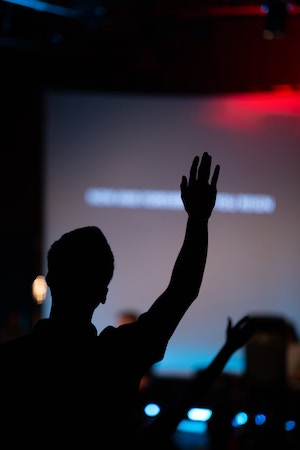A short list.
- Public opinion doesn’t favor impeachment of Trump at this point.
- If Trump is impeached, there is essentially 0% chance of the Senate voting to remove him from office.
- Running against Pence in 2020 would be substantially harder than running against Trump.
- The number one achievable political goal at this point, for the health of the country and the marginalized people within it, has to be Republicans losing control of as many governmental bodies as possible, starting with the executive branch but including Congress.
- A small number of past Representatives who have voted to impeach have lost their seats at least in part because of these votes.
- Many of Trump’s most damning crimes from an impeachment perspective involve acts that would be legal if he were a private citizen and live in an area of law few people other than specialists understand.
- Impeachment proceedings will be viewed by some moderate/independent voters as a partisan act by Democrats.
- Right-wing media, corporate and independent, would use impeachment proceedings to attack Democrats, often dishonestly, and there is a large segment of the voting population that only trusts these outlets.
- The administration’s response to impeachment proceedings would provoke multiple constitutional crises of various sizes under an untested, very partisan Supreme Court.
- Most Democrats in the House who haven’t come out in favor of impeachment are considering some or all of these factors and are right to do so carefully.
- Even given all this, it’s critical for the survival of our constitutional system and many, many people that we move to impeach.



